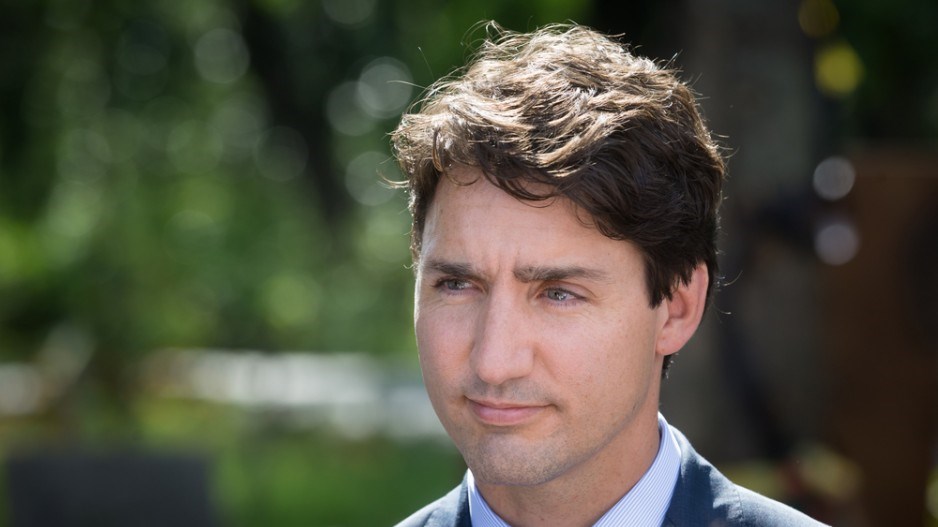The resignation of federal cabinet minister Jane Philpott has brought increased scrutiny to a Canadian government already blemished by the discussions related to the SNC-Lavalin affair.
Two ministers who were highly regarded by political observers are now no longer involved in the government headed by Prime Minister Justin Trudeau. Any attempts to look into what this means for the election scheduled to take place this October are futile. Canada has seen its share of political disgraces, and not every one of them has led to a change in government or a stronger opposition.
Let us go back in time for a moment. In 1985, large quantities of tuna that had been declared unfit for human consumption made their way to Canada’s store shelves. This led to the resignation of then-minister of Fisheries and Oceans John Fraser. Columnists and pundits spent ample time – in a pre-online world – gauging the effect that this “scandal” would have on the federal administration headed by Brian Mulroney.
Three years later, Mulroney secured another majority government in an election that was not a referendum on safety guidelines for the sale of edible fish products, but on an issue that dominated the agenda in the weeks and months leading up to the actual vote: free trade with the United States.
There are plenty of examples of issues that fleetingly command the attention of Canadians, only to end up having little or no effect in the future of governments. Jean Chrétien did not face an election after Canadians learned of the so-called “Shawinigate” related to the Grand-Mère Golf Club.
Years later, the “sponsorship scandal” lingered for months as a possibly detrimental issue for the Liberals, then headed by Paul Martin. It was only after the RCMP announced a criminal probe in the middle of an election campaign that the Conservatives gained momentum and ultimately defeated the Liberals to form a minority government in early 2006.
In March 2011, a motion declared the Stephen Harper government “in contempt of Parliament” – a dubious distinction that had never before been applied to any federal administration. In the election that ensued, the Liberals were decimated, the New Democratic Party (NDP) became the Official Opposition and the Conservatives earned their first – and only, in the new period of the unified party – majority mandate.
The so-called Tunagate was no longer in the minds of Canadian voters before the 1988 election. Constant calls for Chrétien’s resignation over the golf course went unheeded. Being found in contempt of Parliament did not make the Harper Conservatives fold into political oblivion. From these examples, the only one that stuck and caused severe damage to a party brand was the RCMP probe into the “sponsorship scandal.” And why? Because it happened as the campaign progressed.
We are in a new era when it comes to the way in which people connect with “scandals” and government problems. Politicians everywhere can thank the current dweller of the White House for that. There were ample instances throughout 2016 where political observers in the United States said to themselves: “There is no way Donald Trump will survive this.” But he did.
If the base is solid, the only thing that grows is the level of bewilderment and nausea coming out of those who are against a particular candidate. Nothing sums this better than the 2004 election in the U.S., where John Kerry emerged from the Democratic National Convention with the support of 48% of voters and ended with the same proportion of the vote after all the ballots were tallied in November.
The dismay over George W. Bush’s decisions, qualifications and statements did not make more Americans look at Kerry as suitable material to become the 43rd president – it just made those who were already on his column angrier and angrier.
In spite of all of this, if there is one area where the Liberals will have a more difficult time – SNC-Lavalin or not – it is British Columbia. Former Justice Minister Jody Wilson-Raybould holds a seat in Vancouver. The current prime minister campaigned in the westernmost province on promises related to electoral reform and environmental stewardship that some voters feel were not adequately met.
It must also be acknowledged that the federal Liberal Party has never had a true base in British Columbia, aside from pockets of extreme popularity in the city of Vancouver. The Liberals went from garnering the votes of 13% of British Columbians under Michael Ignatieff in 2011 to 35% under Justin Trudeau in 2015. These are “borrowed” votes that can easily find a way to other political parties, as they did in previous contests.
The question, which can be answered only once the electoral campaign starts, is whether voters think there is a better alternative to what Trudeau and the Liberals currently offer. Tunagate did not make then-Liberal leader John Turner more appealing. The Conservatives being found in contempt of Parliament did not help Michael Ignatieff. It is simply too soon to gauge how Canadian voters will react to what has transpired over the last month. If the story had broken in September or October, the consequences would be clearer.
Mario Canseco is president of Research Co.




